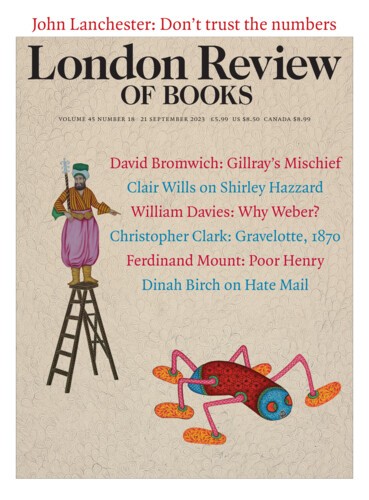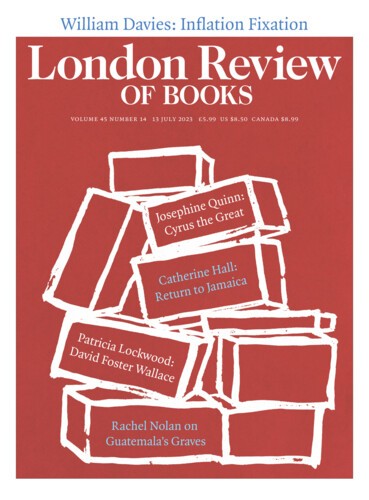There are two broad narratives about what has happened to universities in the English-speaking world over the past forty years. They are very different from each other, yet both have some plausibility. The first runs roughly as follows. The rise of the New Right in the 1980s introduced a policy agenda for universities aimed at injecting enterprise and competition into a sector that had...
Nihilistic Times: Thinking with Max Weber by Wendy Brown. Weber insists that everything remain in its rightful place. Politicians should stick to politics, and scientists to science. Religion should vacate public life, except as an inner psychological ‘vocation’ through which individuals commit to their life course. The tragedy of modernity, as recognised most acutely by Nietzsche, is that modern knowledge can tell us a great deal about how the world works (facts), but nothing whatever about what we should do about it (values).





